ARTICLE OVERVIEW: Massachusetts has legalized marijuana for medical and adult recreational use. However, there are strict laws and regulations that need to be followed in order to be within legal use. Details in this article.
TABLE OF CONTENTS:
- Is Marijuana Legal in Massachusetts?
- Marijuana Laws
- Penalties
- Marijuana DUI
- Views on Marijuana
- Is Marijuana Addictive?
- Marijuana Treatment
- Your Questions
Is Marijuana Legal in Massachusetts?
Yes.
Marijuana is legal in Massachusettsfor people who are 21 and older for both medical and recreational use. However, even though marijuana use is legalized, there are certain laws applied to use, possession, cultivation, and sale that need to be followed.
For example,
- You can only possess up to 1 oz marijuana on you and up to 10 oz in your home.
- You can only cultivate up to 6 marijuana plants in your home.
- You can only cultivate up to 12 plants in one household where 2 or more adults live.
- It is illegal to drive under the influence of marijuana.
- It is illegal to use marijuana in any form in public or on federal land.
The Cannabis Control Commission in Massachusetts is the state agency that is solely responsible for safely, equitably, and effectively implementing and administering the laws enabling access to medical and adult use marijuana in the state. Moreover, it is responsible for supervising the marijuana market. The agency finalized regulations in 2018, and launched a comprehensive licensing application process in April 2018, while the adult-use marijuana sales started in July 2018.
Marijuana Laws
Massachusetts has been gradually implementing marijuana law over the last decade. In 2008, voters passed, “Question 2: Possession of Marijuana”, to decriminalize the possession of cannabis. Then, in 2012, “Question 3: Medical Use of Marijuana”, was passed. This act legalized the medical use of cannabis for qualifying, physician-approved conditions. The most recent breakthrough in marijuana laws occurred in 2016 when voters passed“Question 4: Legalization, Regulation and Taxation of Marijuana”, which legalized adult-use cannabis.
Each of these referendum has now become law.
Chapter 387 of the Acts of 2008 is an act of establishing a sensible state marijuana policy. Under this law, you can find:
Chapter 94 C Section 32 L, which states that the possession of one ounce or less of marijuana is only punishable by civil penalties and forfeiture.
Chapter 94 C Section 32 M, that emphasizes that every offender under 18 will complete an educational drug awareness program.
Chapter 94 C Section 32 N provides enforcement of the sensible marijuana policy at the local level, utilizing the non-criminal disposition procedures
Chapter 369 of the Acts of 2012 is an act for the humanitarian medical use of marijuana. Some of the acts state:
There is no punishment under the state law for qualified patients, health care professionals, caregivers, or medical marijuana treatment centers agents for medical use of marijuana.
There is no punishment for a physician who advises a qualified patients about the risks and benefits of medical marijuana use.
The debilitating medical condition/s that a person needs to have in order to use medical marijuana in Massachusetts include:
- Amyotrophic Lateral Sclerosis
- Cancer
- Crohn’s disease
- Glaucoma
- HIV/AIDS
- Hepatitis C
- Multiple Sclerosis
- Parkinson’s disease
Chapter 55 of the Acts of 2017 is an act to ensure safe access to marijuana use. Some of the acts cover:
The ability of towns and cities to control, ban, or limit the development of marijuana establishments.
Tax on adult-use marijuana sales.
The establishment of Massachusetts Cannabis Control Commission and Advisory Board.
Marijuana cultivation laws.
You can find more information about marijuana laws in Massachusetts here.
Penalties
Marijuana is classified as controlled substance D under the Massachusetts Controlled Substances Act. Even though marijuana is a legal substance, there are regulations that need to be followed, and penalties if you don’t follow them.Here is a look at those penalties.

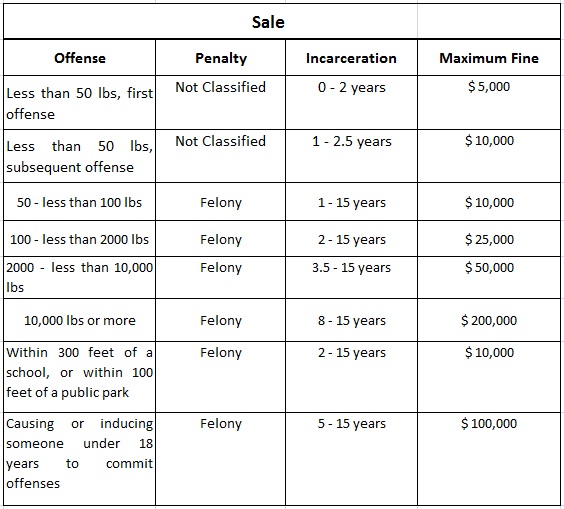
Marijuana DUI
Driving under the influence of marijuana is illegal and punishable by the same state laws that apply to drunk driving.Since there is no drug test such as as a breathalyser test for marijuana, the best way for the police officers to measure if someone is driving under the influence of marijuana is a roadside impairment examination that tests reflexes, balance, and cognition.
Massachusetts has two special training courses for police officers for identifying drug-impaired drivers:
If you are convicted of a DUI, your penalty depends mostly on the number of previous offenses. Expect to face administrative penalties enforced by the registry of motor vehicles, as well as criminal penalties upon court conviction.
Here are lists of fines and penalties that you may face, but keep in mind that these are not fixed, and everything depends from your specific case.
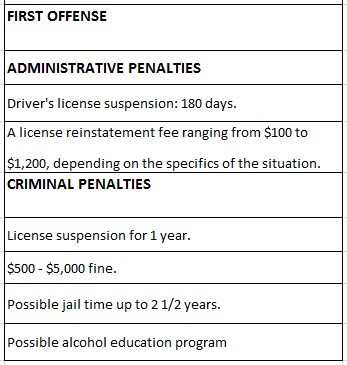
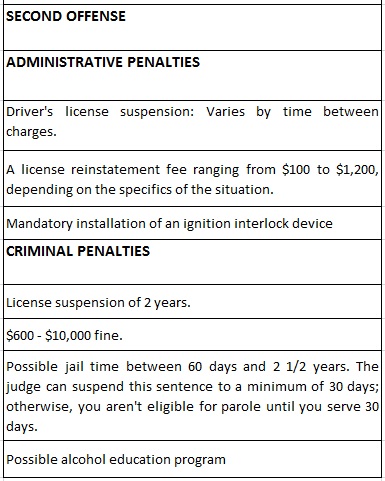
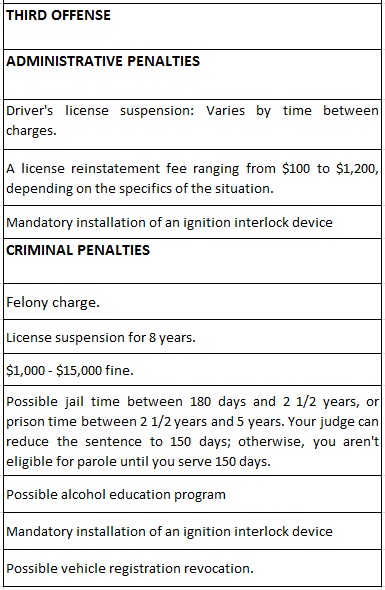
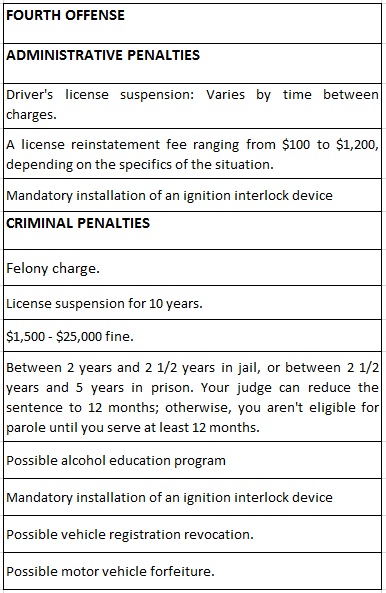
If driving under the influence of marijuana leads to another person’s death in Massachusetts, you will be charged with vehicular manslaughter. If convicted, you may face these criminal charges:
- License revocation for 15 years for a first offense.
- A lifetime revocation for a second offense.
- Between a minimum 5 years and maximum 20 years in prison.
- Up to a $25,000 fine.
Also the court may order education programs, as well as a mandatory substance abuse treatment program.
Moreover, if you are between 18 and 21 years old and DUI, you must:
- Complete an educational program
- Serve an additional 6 months on your license suspension
But, if you are under 18 years older and DUI, you must:
- Complete an educational program
- Serve an additional 1 year on your license suspension
Furthermore, Massachusetts Melanie’s Law brought additional penalties when DUI with a child passenger who’s 14 years old or younger:
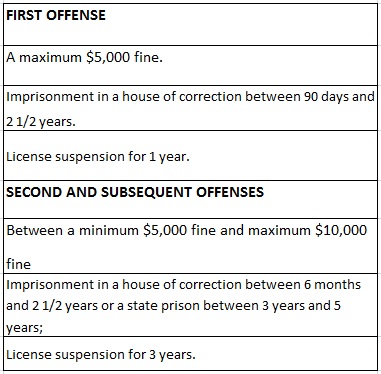
NOTE HERE: It is also illegal to have an open container of marijuana or any marijuana products including edibles and teas. Open container means any package that has had its seal broken or some of the contents have been remover or consumed.The penalty for this violation is a fine of $100 – $500.
Views on Marijuana
Massachusetts has a decade long history of implementing marijuana laws. The reforms have been bead by voter ballot initiatives. So, lawmakers have played a crucial role in implementing new policies, and ensuring accurate transition from prohibition to safe, responsible, and good marijuana policy.
The first marijuana law in the Commonwealth was passed in 2008 when lawmakers voted Question 2: Possession of Marijuana to decriminalize the possession of cannabis. 65 % of the voters voted for the passage, and the Question 2 went into effect in January 2009.
The second implementation of marijuana legalization happened in 2012 when voters passed Question 3: Medical Use of Marijuana, which legalized the medical use of marijuana for qualifying, physician-approved conditions. This Question was passed with 63% of the voters in favor, and was implemented in January 2013. As of March 2018, there are now the following numbers related to medical marijuana in Massachusetts:
- 48,265 registered patients
- 241 registered health care providers
- 24 open registered marijuana dispensaries (RMDs)
- More than 100 RMDs with provisional state approval.
The most recent breakthrough in marijuana laws occurred in 2016 when voters passed Question 4: Legalization, Regulation and Taxation of Marijuana, which legalized adult-use of marijuana. The law was passed with 54% of the vote. The Massachusetts General Court recognized the importance of developing nation-leading regulations for the future marijuana industry, so it passed only part of the legislation in July 2017, while it postponed the rest in order to strengthen the industry’s policy framework for both medical and adult-use marijuana.
After the last passage went into effect, the support for adult use has increased: now 63% of the lawmakers vote for adult use of marijuana. This is a clear indicate that Massachusetts and its municipal governments are moving forward with implementing marijuana laws with responsible policies and public support.
Is Marijuana Addictive?
Yes, marijuana can lead to dependence. In fact, marijuana alters the brain by changing its chemistry. But, in comparison to other substances, it’s less physically addictive. Instead, it seems to be psychologically addictive.
Still, dependence is possible. Some of the most common negative effects of long-term marijuana use include:
- Agitation
- Anxiety
- Headaches
- Difficulty concentrating
- Irritability
- Mild depression
- Mood swings
Moreover, if you are consuming marijuana for a longer period, and you suddenly stop, you may experience withdrawal symptoms. This is the process when the body and the brain drop levels of THC and manifest a set of physical and psychological symptoms. It just takes time for withdrawal to resolve.
The most common symptoms of marijuana withdrawal include:
- Abdominal cramps
- Anxiety
- Chills
- Cravings
- Changes in appetite
- Changes in weight
- Headaches
- Irritability
- Lack of focus and concentration
- Mood swings
- Nausea
- Restlessness
- Sleep disorders
- Sweating
If you or someone you know are struggling with marijuana, don’t wait! Reach out for help.
Give us a call. We’ll describe what medical treatment includes…and even look into insurance coverage for you.
Marijuana Treatment
Marijuana addiction can be uncomfortable to quit it at home by your own. If you’re looking for the best treatment possible, you need to search for an evidence-based treatment program with a tailored-made program to fit your personal needs. Any qualified treatment program for marijuana addiction will follow this typical treatment process:
1. Assessment and evaluation. During this stage of treatment, you will undergo physical and psychological examination to determine the severity of your addiction that will help the clinicians to create your rehab plan. This includes blood tests, a physical exam, interviews, and mental health evaluations.
2. Medical detox. This stage is only for those who suffer from severe marijuana addiction. During detox, you will be under constant medical care observation that will help you deal with the most severe withdrawal symptoms. Sometimes, high dose or chronic users can experience more serious side effects like hallucinations or extreme depression. Constant care and medical help is truly needed in these cases.
3. Psychotherapy. The most crucial stage of addiction treatment is to change your thoughts and beliefs. The aim of this stage is to teach you how to go back to your daily life without using marijuana. Some of the most common psychotherapies and talk therapy used in the treatment include:
- Behavioral therapy
- Family counseling
- Group therapy
- Individual therapy
4. Educational sessions. The best way to beat addiction is to learn everything about this disease. The educational sessions will help you understand addiction and its effects on your health. When you better understand the brain science behind the high, it becomes less attractive.
5. Aftercare. Some addiction centers offer aftercare program that will guide you through the transitional process after you finish rehab. The main goal is to minimize relapse and stress. Some of the most commonly offered services include:
- Housing assistance
- Legal assistance
- Medical assistance
- Vocational training
Your Questions
Do you have any questions about marijuana laws in Massachusetts? Or do you have question about marijuana addiction treatment? If yes, don’t hesitate to ask them! We try to response to each comment in a prompt and personal manner.








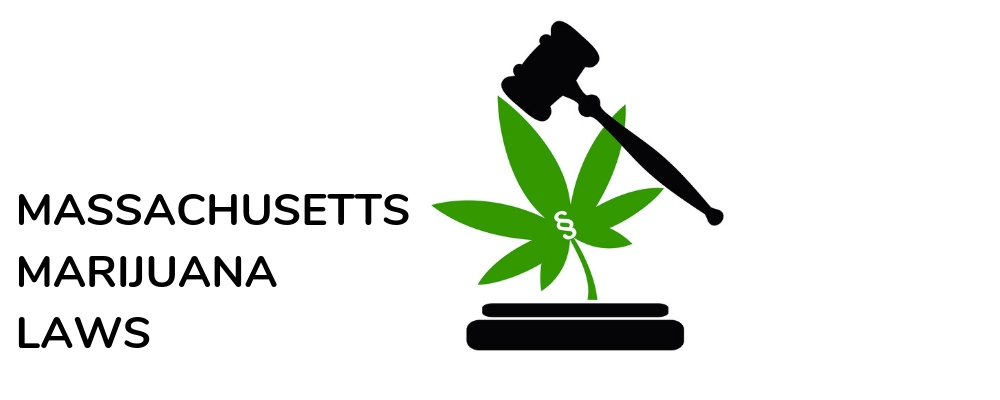
Related Posts